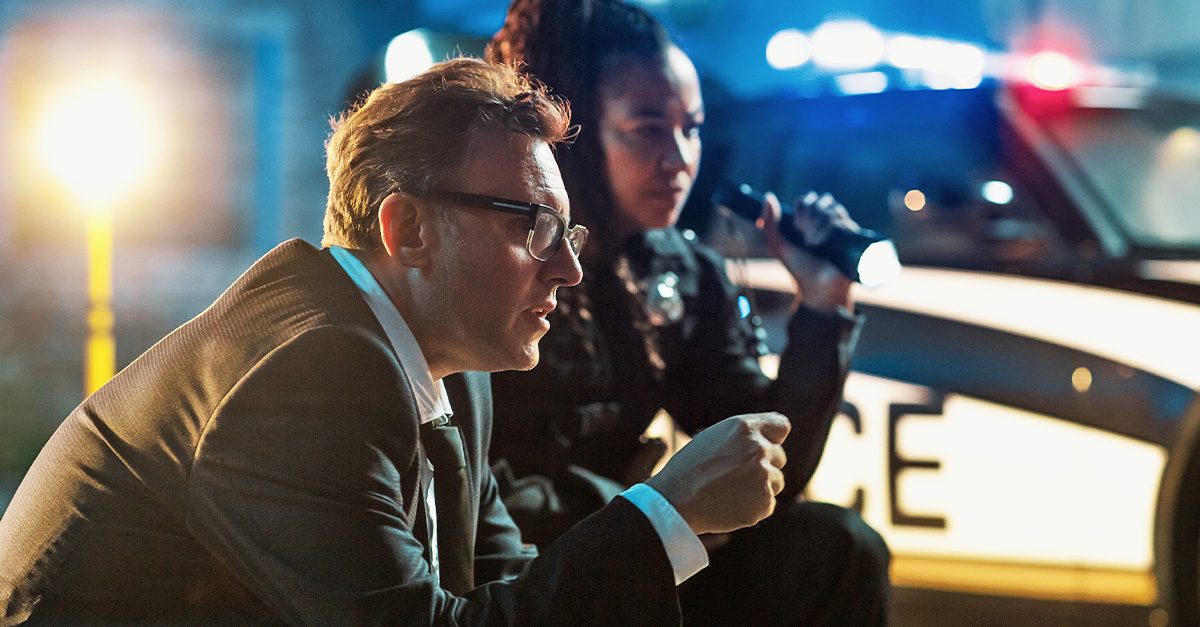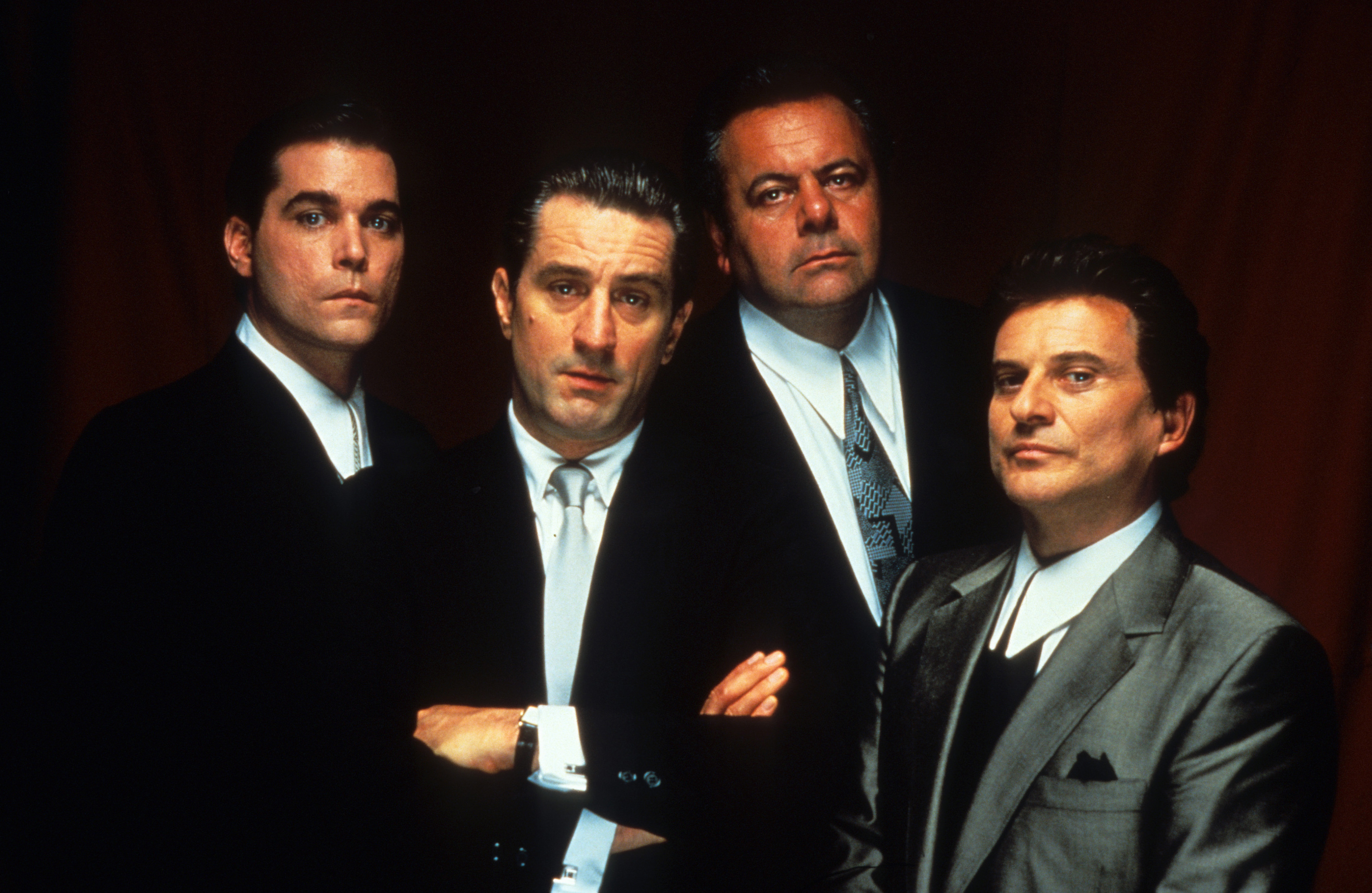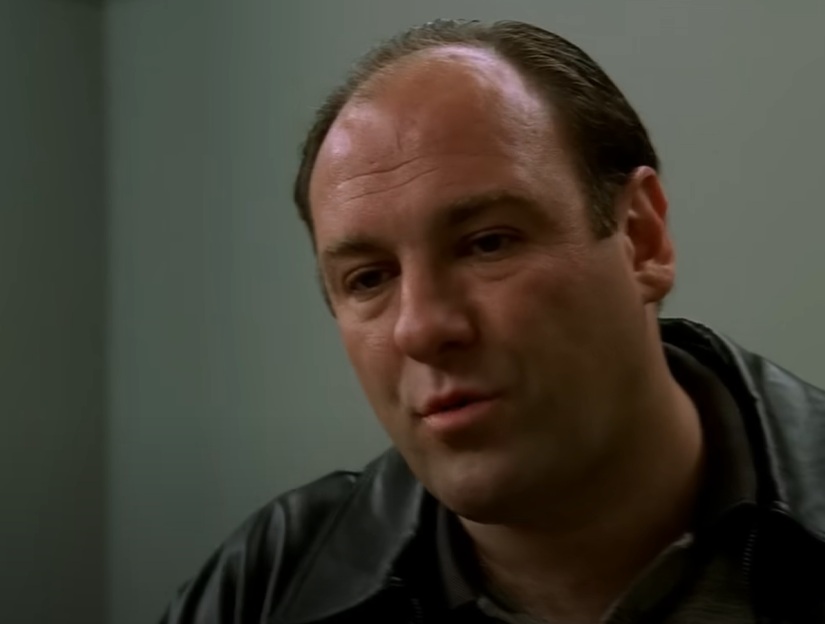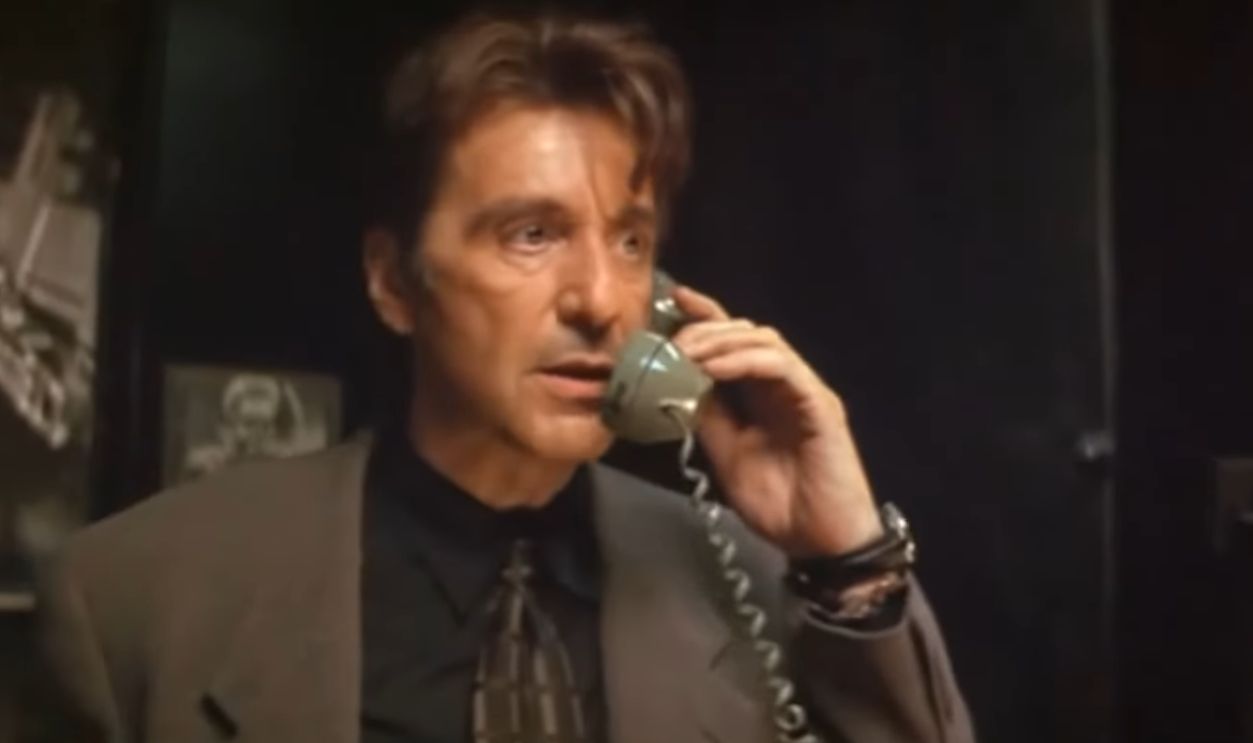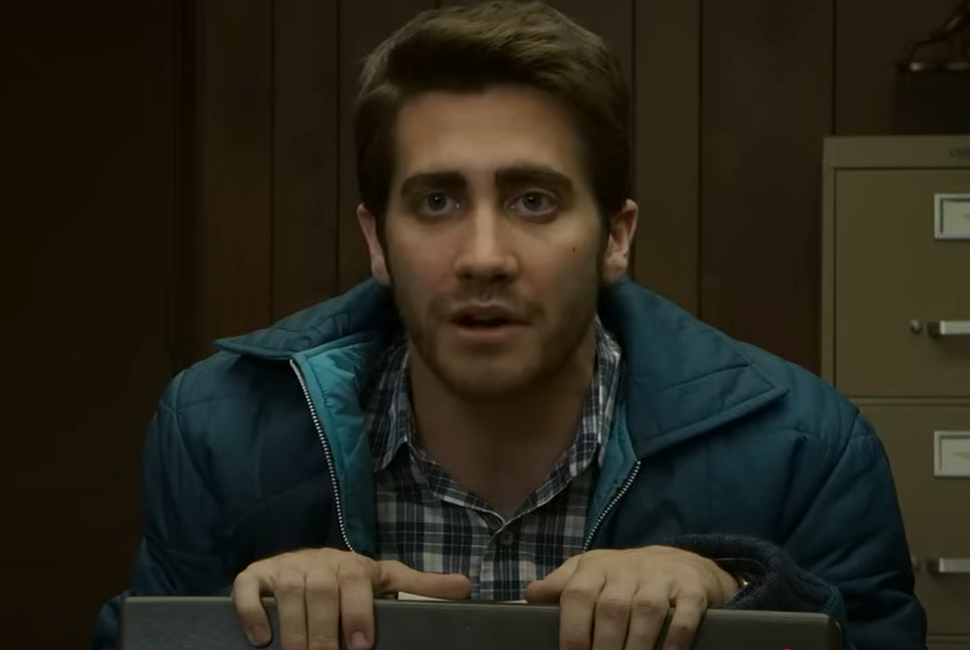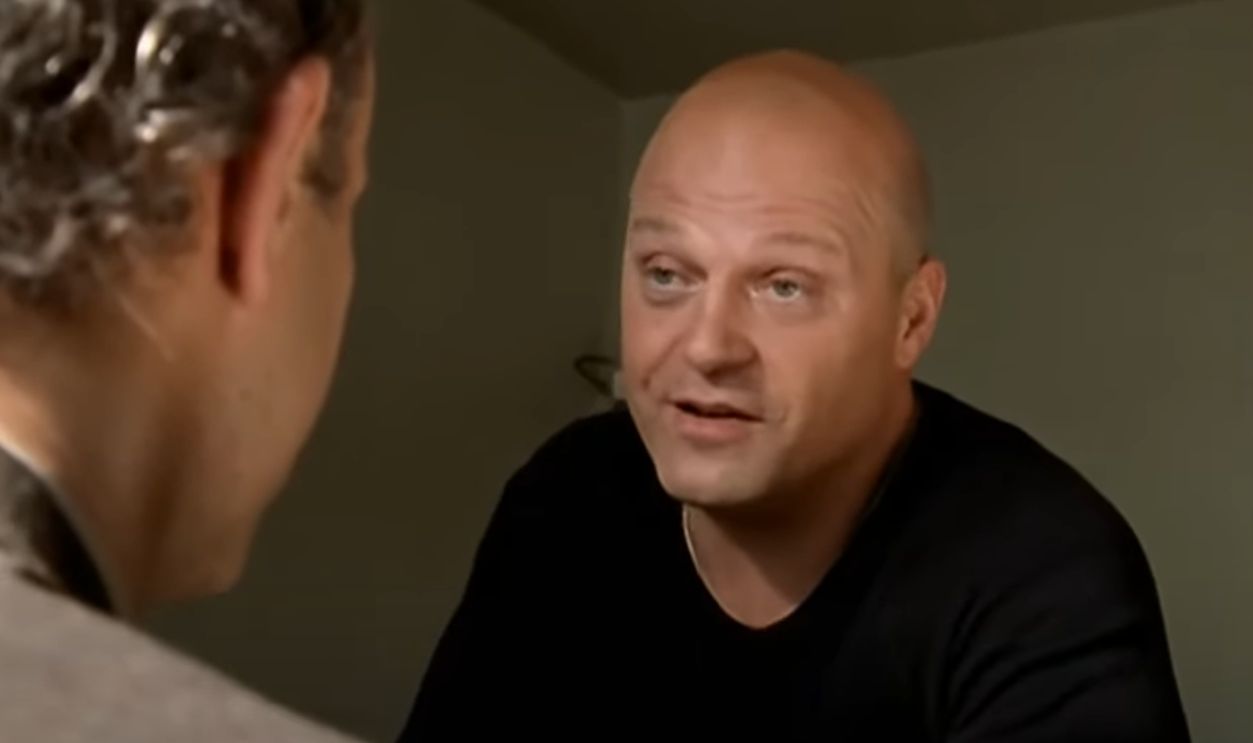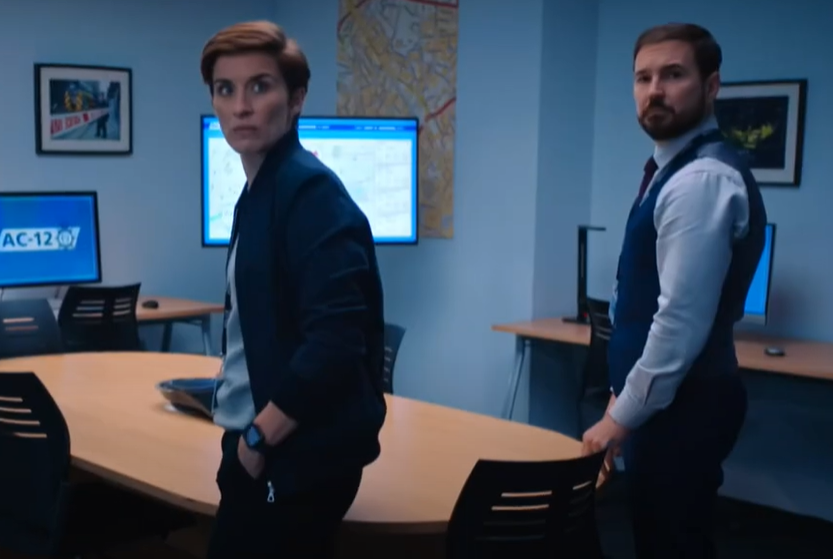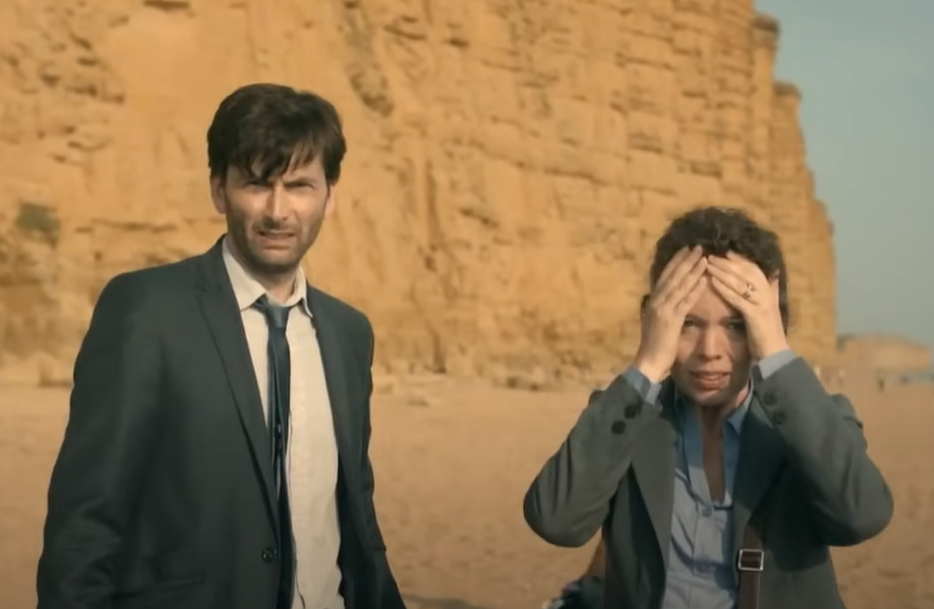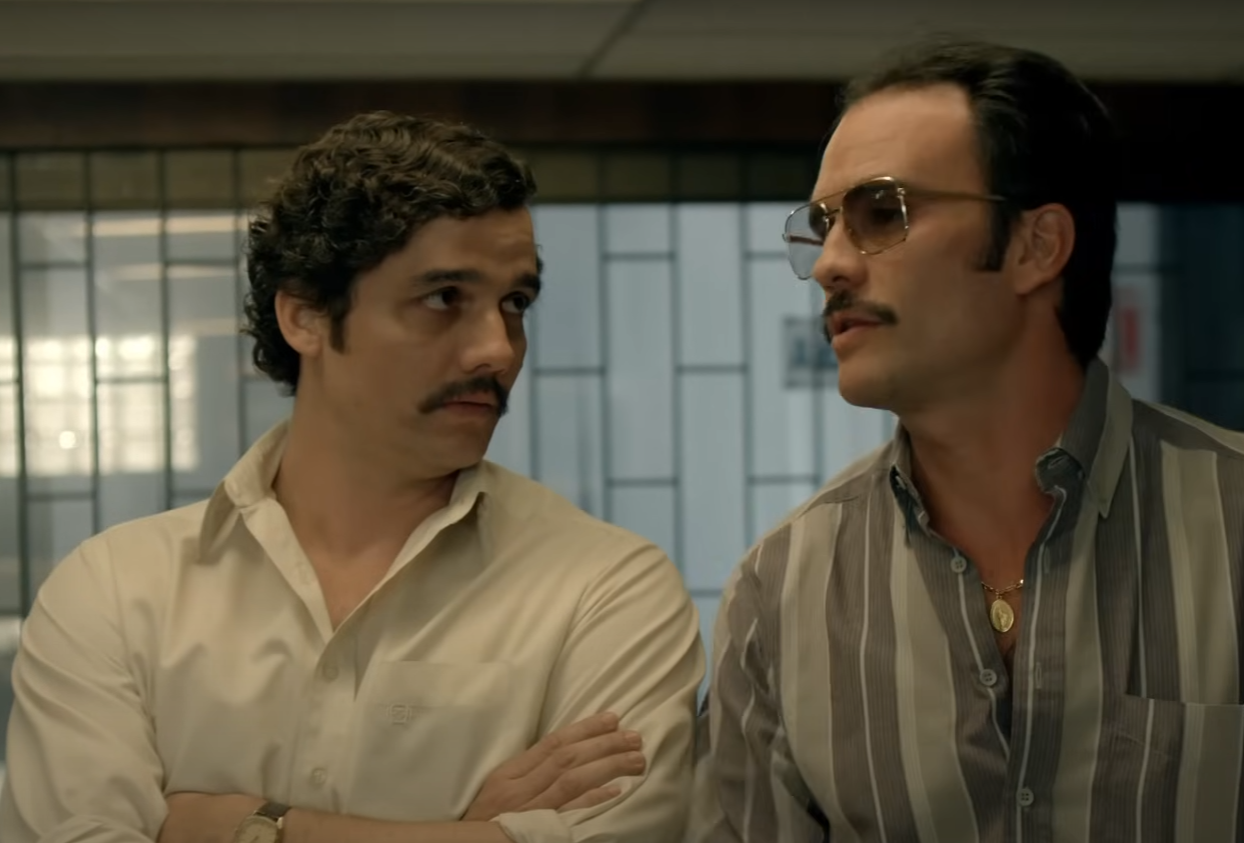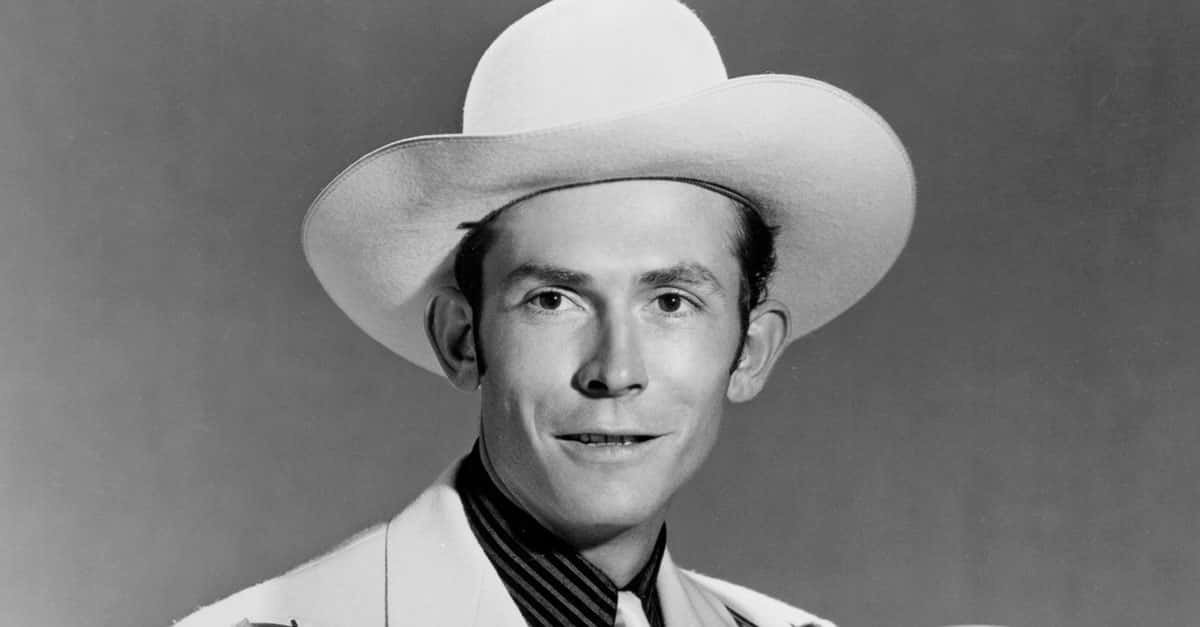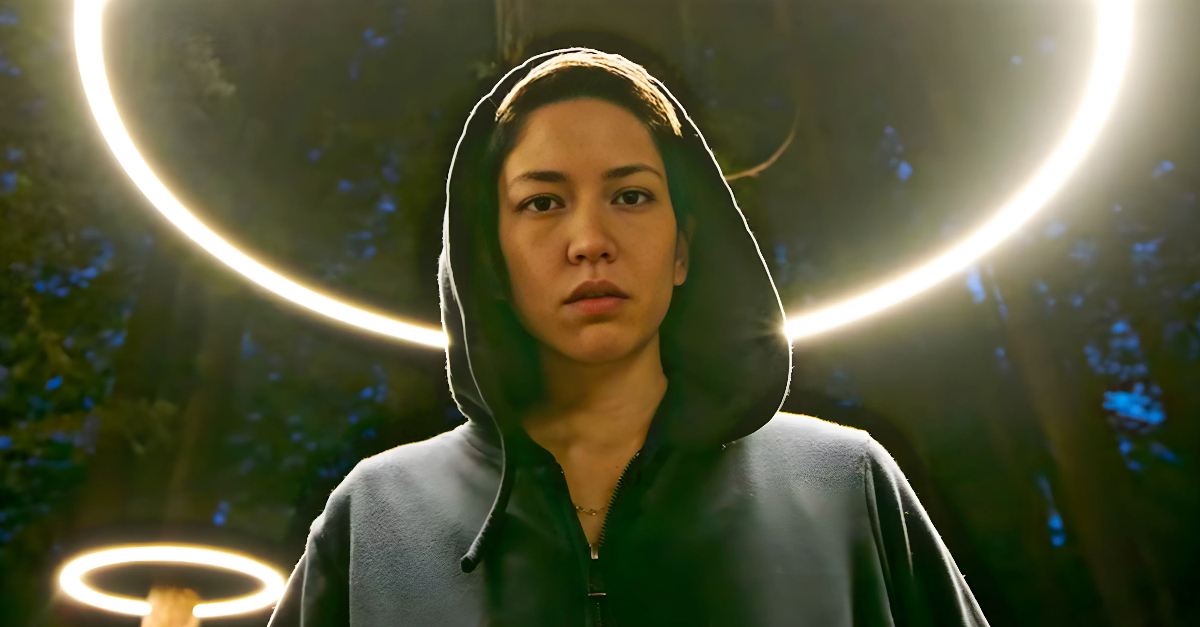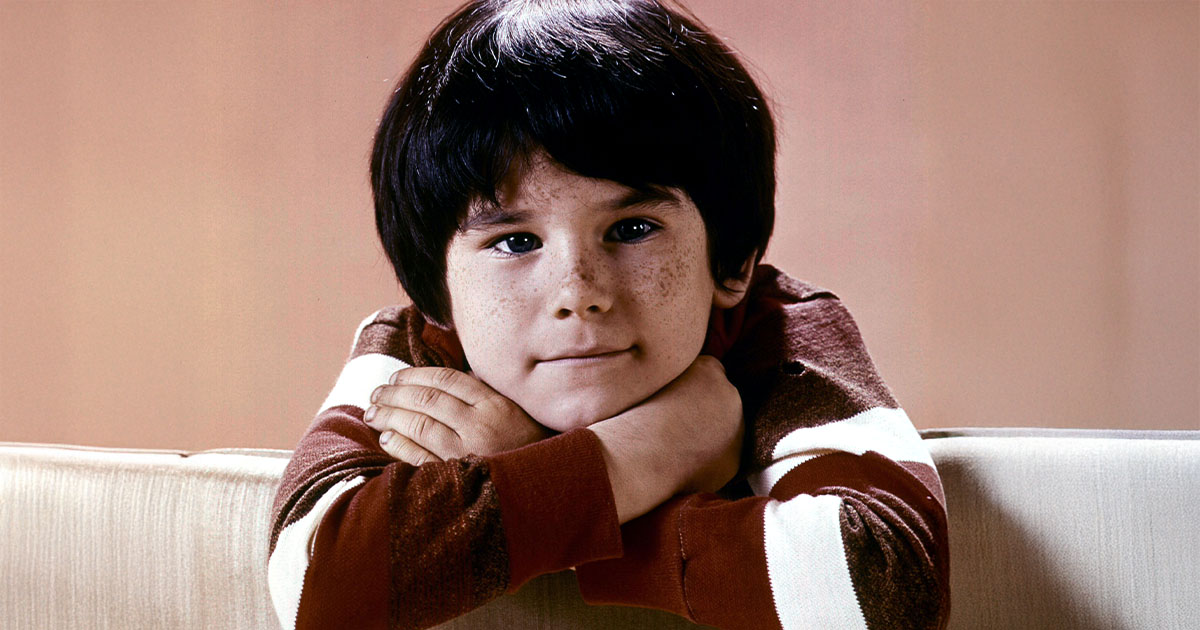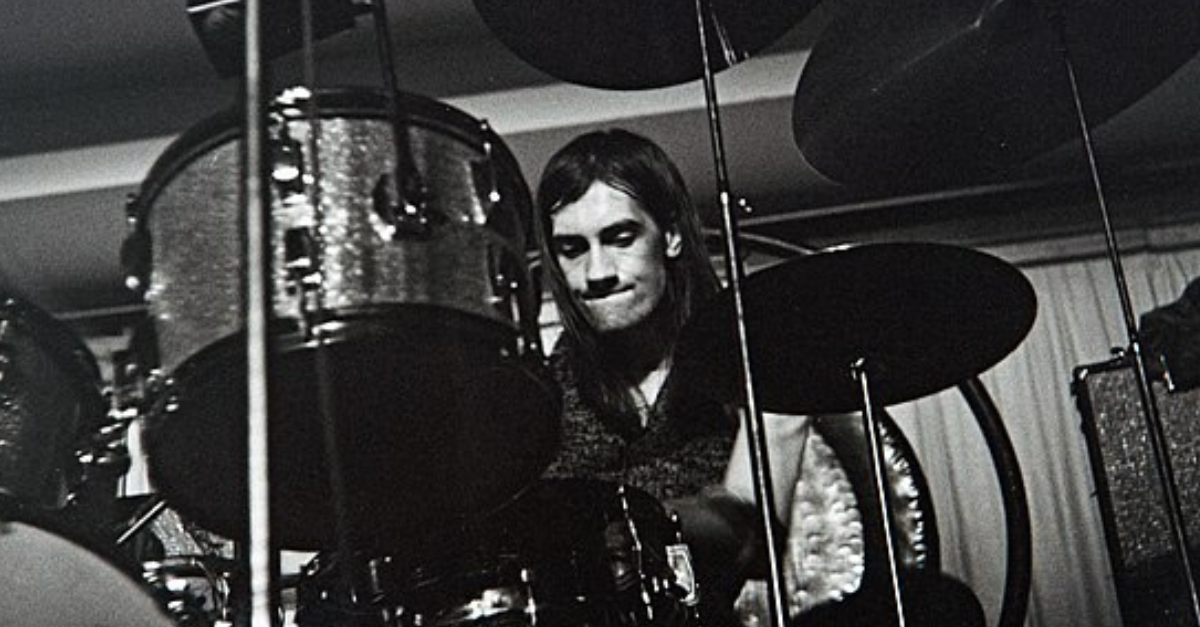Did You Know "Whodunnit?" In These Crime Dramas?
Few genres captivate audiences quite like the crime drama. These stories of ambition, corruption, justice, and betrayal explore the darker corners of human nature while holding up a mirror to society’s struggles with morality and power. Whether set in the boardrooms of organized crime, the interrogation rooms of weary detectives, or the gritty backstreets where law and order blur, the best crime dramas have defined generations of film and television. They are as much about the psychology of their characters as they are about the crimes themselves—delivering not just thrills, but cultural touchstones that spark conversation long after the credits roll.
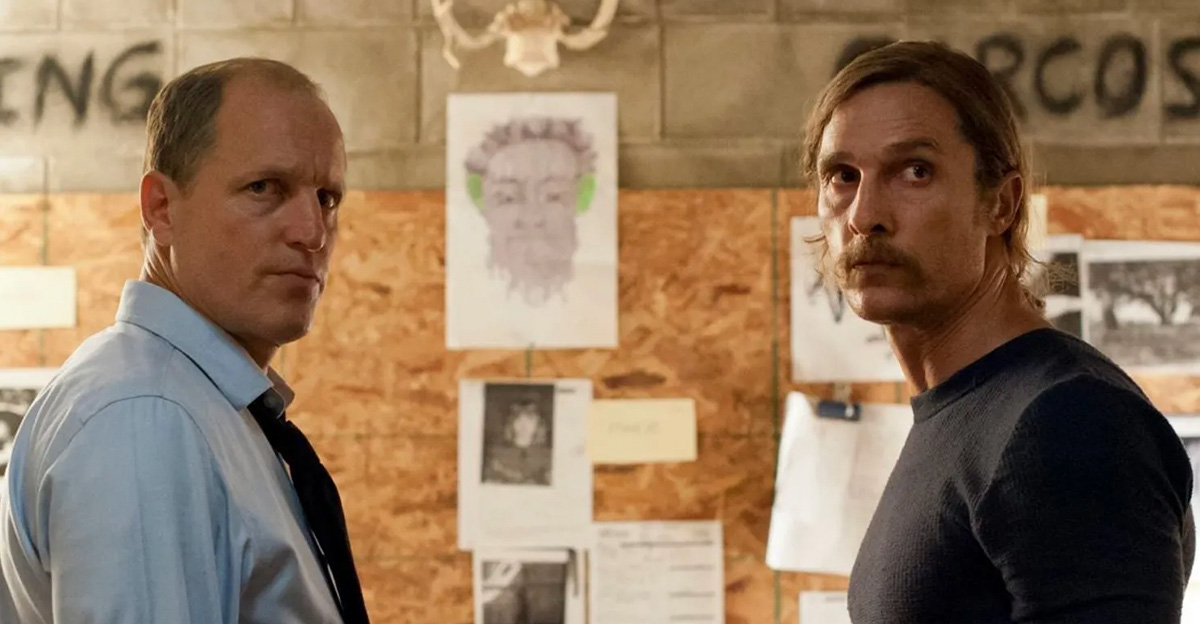
The Godfather Redefined The Gangster Epic
Francis Ford Coppola’s chronicle of the Corleone family fused operatic grandeur with bruising realism, forever elevating the mob movie from pulp to prestige. Its legacy is institutional: Best Picture at the 45th Academy Awards and a cascade of indelible performances—Brando, Pacino, Caan—set a new bar for American cinema’s crime stories. Few films have been so acclaimed or so imitated.
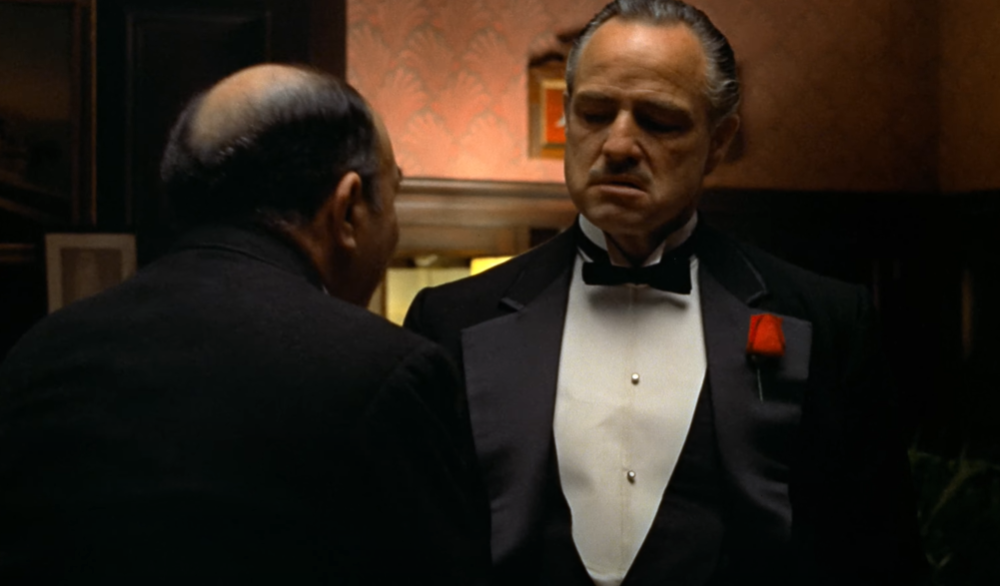 Paramount, The Godfather (1972)
Paramount, The Godfather (1972)
Goodfellas Made Crime Feel Breathlessly Immediate
Martin Scorsese’s kinetic, needle-drop-driven biography of wiseguy Henry Hill drops us inside the mob’s churn of greed, glamour, and paranoia. Critics have long argued it’s the defining mob film of the modern era—less mythic than The Godfather, more adrenal and ground-level, and hugely influential on style and tone across the genre.
The Sopranos Began TV’s Golden Age
David Chase’s suburban mob saga isn’t just great TV—it changed TV. By turning a therapy-addicted capo into the medium’s most layered antihero, the show launched the prestige-drama wave that followed and reshaped how long-form stories could look and feel. Its cultural footprint still stretches across today’s crime series.
The Wire Showed How Systems Commit Crime
David Simon’s five-season tapestry of Baltimore—police, schools, docks, politics, press—argued the real antagonist was the American city’s institutions themselves. Praised for its journalistic rigor and “novelistic” scope, it remains the benchmark for social-realist crime storytelling on TV.
 HBO Entertainment, The Wire (2002–2008)
HBO Entertainment, The Wire (2002–2008)
Breaking Bad Perfected The Modern Antihero
Walter White’s descent from teacher to kingpin synthesized prestige TV’s obsessions—morality, identity, capital—into a white-knuckle thriller that also swept awards, including Outstanding Drama Series at the Emmys as it concluded. Its finale and late-season run dominated pop culture and critics’ lists alike.
Heat Turned Cat-And-Mouse Into Urban Opera
Michael Mann’s L.A. crime saga—De Niro vs. Pacino—blends immaculate procedure with lonely, existential cool. Its downtown bank-heist shootout remains a gold standard for realism and staging, widely cited by filmmakers and tacticians as the scene to beat.
The Departed Let Scorsese Take His Oscar—With Blood On It
Reimagining Infernal Affairs as a Boston double-mole thriller, Scorsese delivered a bruising crime melodrama that finally won him Best Director and Best Picture honors. It’s a swaggering showcase for star power, razor editing, and pressure-cooker plotting.
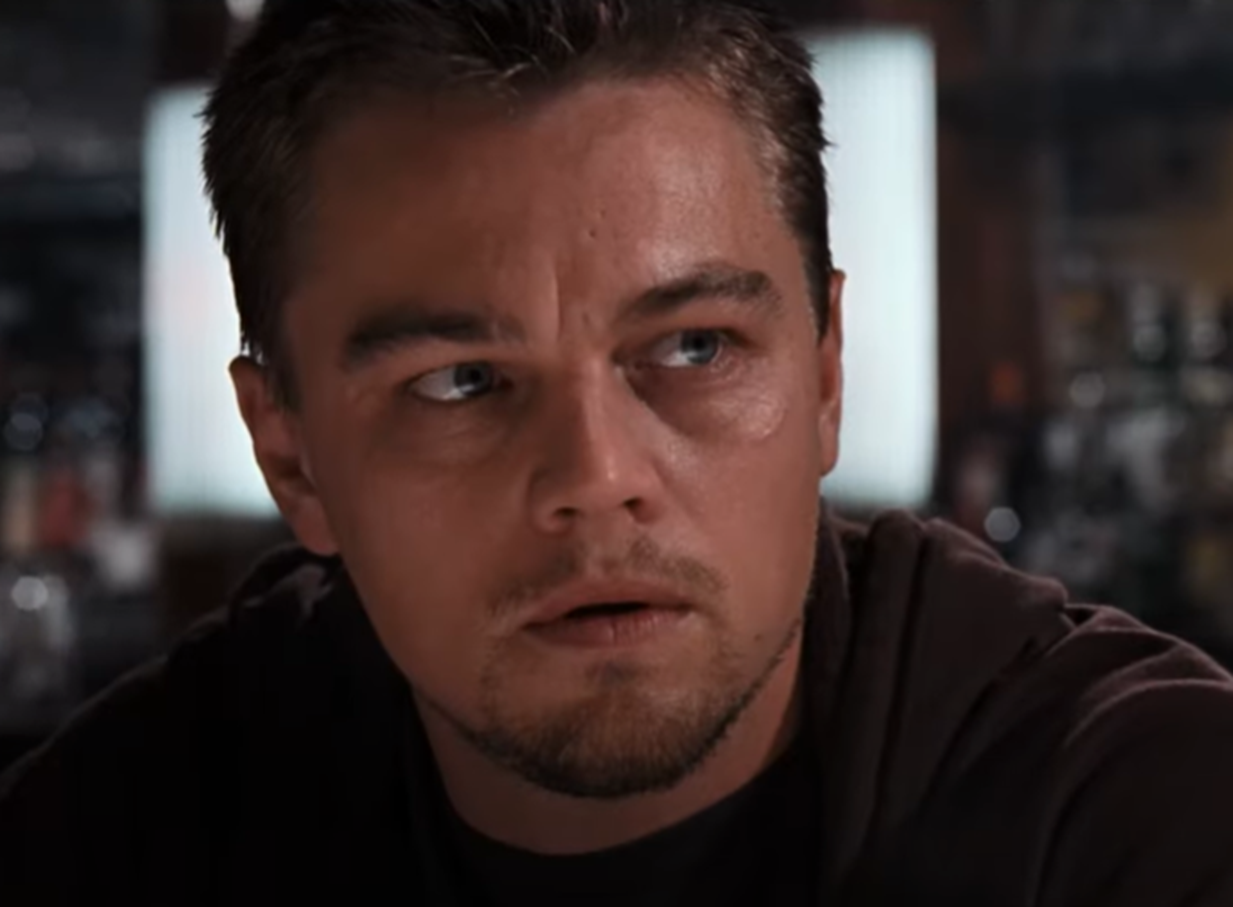 Warner Bros.,The Departed (2006)
Warner Bros.,The Departed (2006)
Chinatown Is The Bleak Heart Of Neo-Noir
A sun-blasted noir about water rights, corruption, and incurable rot, Chinatown set the template for the modern, cynical detective movie—mystery as civic autopsy. Half a century later, critics still rank it among the most potent noirs ever made.
The Silence Of The Lambs Married Crime And Horror—And Swept The Oscars
Jonathan Demme’s procedural is chillingly intimate: two hunters—Clarice and Lecter—staring into each other until the case opens up. It’s also one of only three films to win the Oscars’ “Big Five” (Picture, Director, Actor, Actress, Screenplay).
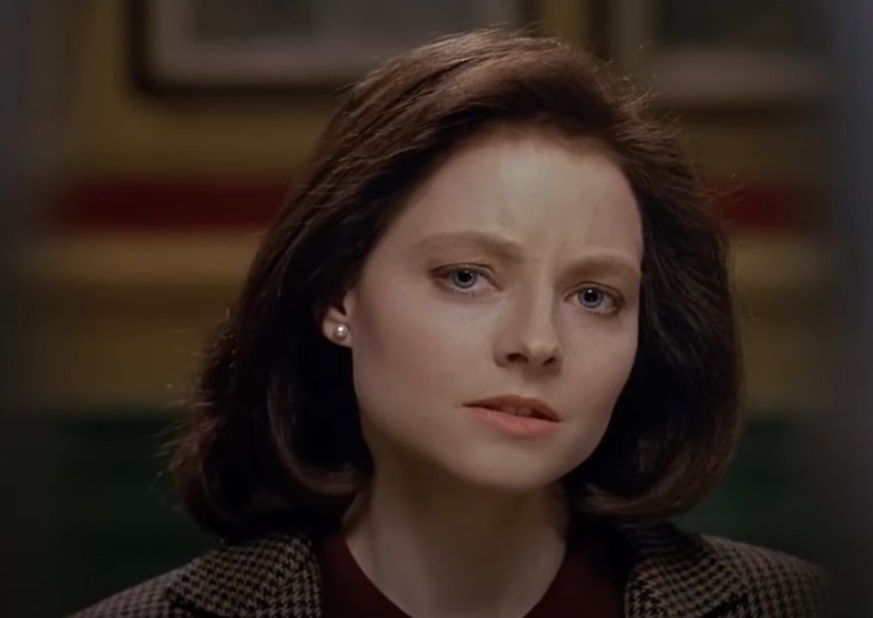 Orion, The Silence of the Lambs (1991)
Orion, The Silence of the Lambs (1991)
Se7en Made The Procedural Nightmarishly Atmospheric
David Fincher’s rain-soaked serial-killer investigation is remembered for its meticulously grim design and morality-play structure. Its impact on late-’90s/2000s crime aesthetics—muted palettes, slow dread, philosophical menace—has been vast.
 Arnold Kopelson Productions, Se7en (1995)
Arnold Kopelson Productions, Se7en (1995)
Zodiac Turned Obsession Into A Detective Method
Fincher again, this time reframing the true-crime hunt for the Zodiac killer as a study of data, patience, and madness. Critics celebrate its almost documentarian rigor; even specialists commend its accuracy—with a few debated liberties.
City Of God Is A Visceral Chronicle Of Youth And Violence
Set in Rio’s favelas, Fernando Meirelles and Kátia Lund’s whirlwind of friendship, photography, and gang warfare lands with the force of a dispatch from the front lines. Its raw verve and non-actors’ performances made it an instant classic of international crime cinema.
 StudioCanal, City of God (2002)
StudioCanal, City of God (2002)
Memories Of Murder Is A Haunting Portrait Of Futile Policing
Before Parasite, Bong Joon-ho delivered this devastating procedural about South Korea’s first known serial-murder case. It’s both character study and social critique—less about “whodunit” than what a failing system does to those trapped in it.
 CJ Entertainment, Memories of Murder (2003)
CJ Entertainment, Memories of Murder (2003)
True Detective (Season One) Is A Self-Contained Masterwork
Nic Pizzolatto’s anthology peaked with a Gothic, Louisiana-set mystery anchored by McConaughey and Harrelson. The season’s craft—especially Cary Joji Fukunaga’s legendary six-minute tracking shot—cemented it as one of the decade’s most cinematic TV achievements.
Fargo (TV) Proved Anthologies Could Be Prestige Crime Engines
Noah Hawley’s Fargo borrows the Coens’ Midwestern manners and moral chaos, then spins new fables each season—funny, fatalistic, and ferociously acted. The show’s anthology design keeps it fresh while maintaining a coherent tonal world.
 Hulu, Fargo (TV Series 2014–2024)
Hulu, Fargo (TV Series 2014–2024)
Mindhunter Turned Behavioral Science Into Slow-Burn Drama
David Fincher’s Netflix series about the FBI’s early profiling unit is meticulous and unnerving, more interview room than action beat. Despite (for now) only two seasons, critics routinely hail it as one of streaming’s finest crime procedurals.
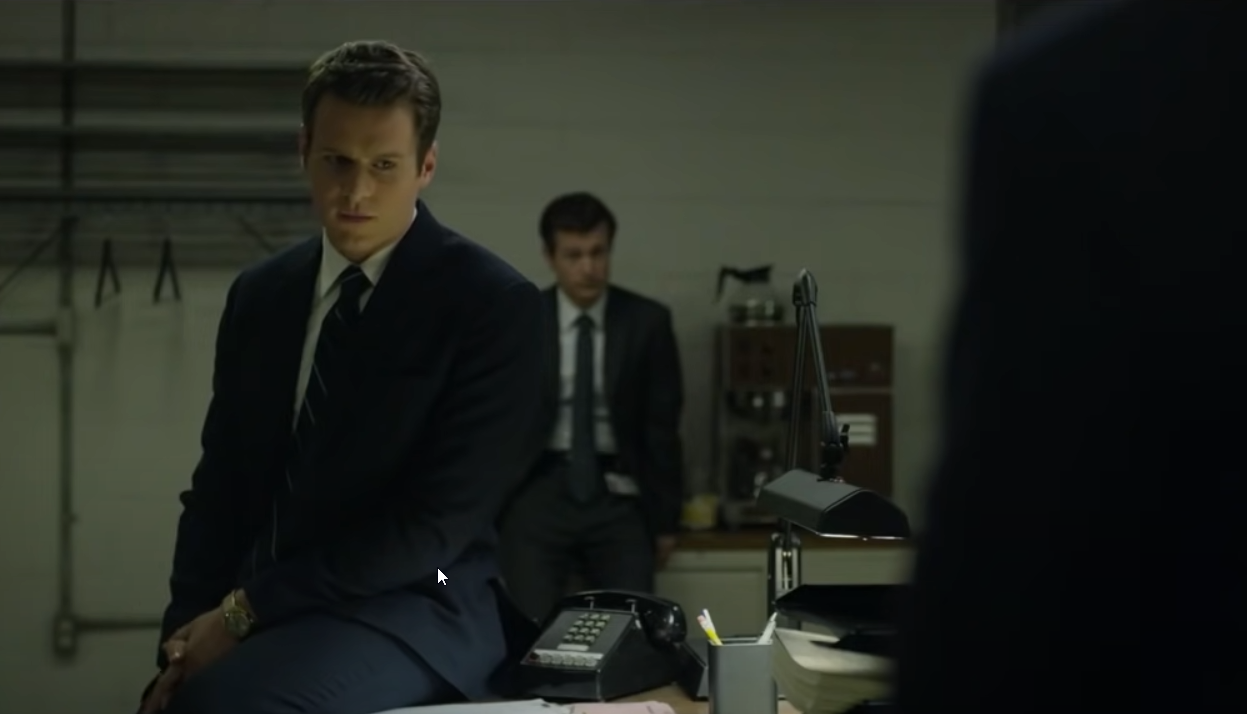 Denver and Delilah Productions, Mindhunter (TV Series 2017–2019)
Denver and Delilah Productions, Mindhunter (TV Series 2017–2019)
The Shield Dragged Cop Drama Into Moral Free Fall
FX’s bruiser about a corrupt LAPD strike team arrived like a pipe bomb—shaky-cam intensity, queasy ethics, and a career-defining Michael Chiklis. It helped establish FX as a home for boundary-pushing drama and still feels startlingly modern.
Line Of Duty Made Interrogations Riveting Event TV
Jed Mercurio’s British juggernaut wrings operatic tension from interview rooms and internal-affairs labyrinths. Its Season 6 finale posted record-breaking UK drama ratings in the 21st century—proof that intricate plotting can be a mainstream phenomenon.
Broadchurch Balanced Intimacy And Intrigue
This coastal whodunit pairs David Tennant and Olivia Colman for a character-first mystery that ripples through a whole community. It’s a model of humane crime storytelling—acclaimed, widely awarded, and exported in remakes.
Narcos Fused Docu-Grit With Epic Underworld History
Charting Pablo Escobar’s rise and the DEA’s response, Narcos plays like a history lesson wired for adrenaline—voiceover context, on-location texture, and operatic power struggles. It helped define Netflix’s global crime-drama brand and spun off a potent sister series, Narcos: Mexico.
What Was Your Favorite Crime Drama Ever?
From The Godfather’s operatic morality to The Wire’s systemic x-ray and Mindhunter’s clinical unease, the crime drama thrives by interrogating power: who wields it, who resists it, and what it costs. The titles above aren’t just “about” crime—they’re about institutions, identities, and the thin, shifting line where justice frays. Add them to your queue (or shelf); each rewards a first watch—and a second investigation.
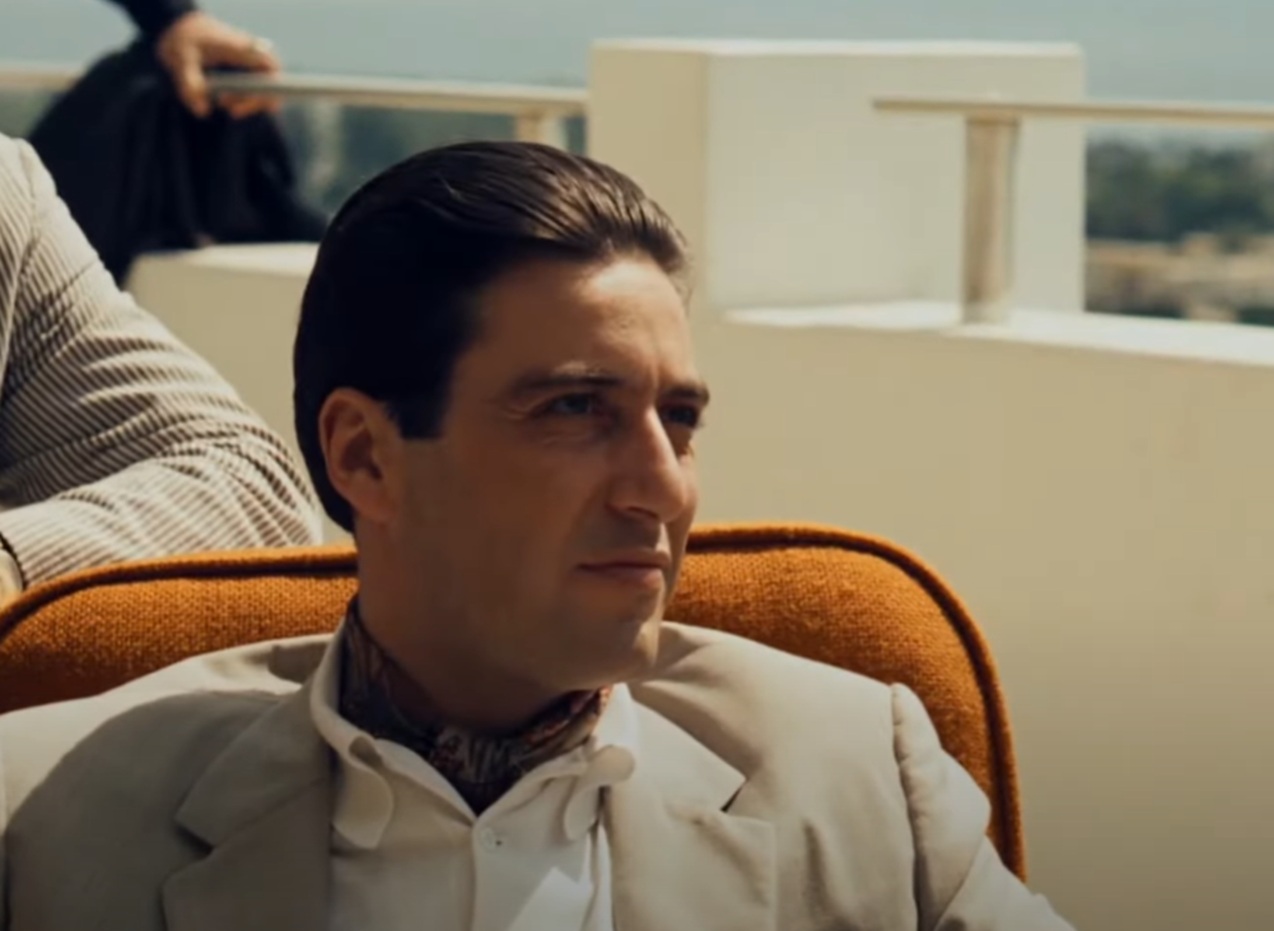 Paramount, The Godfather part II (1974)
Paramount, The Godfather part II (1974)
You May Also Like:
Dark Facts About Donald O'Connor: Hollywood's Tragic Clown
These 44 Shows Let Their Characters Slip Out Of Focus

